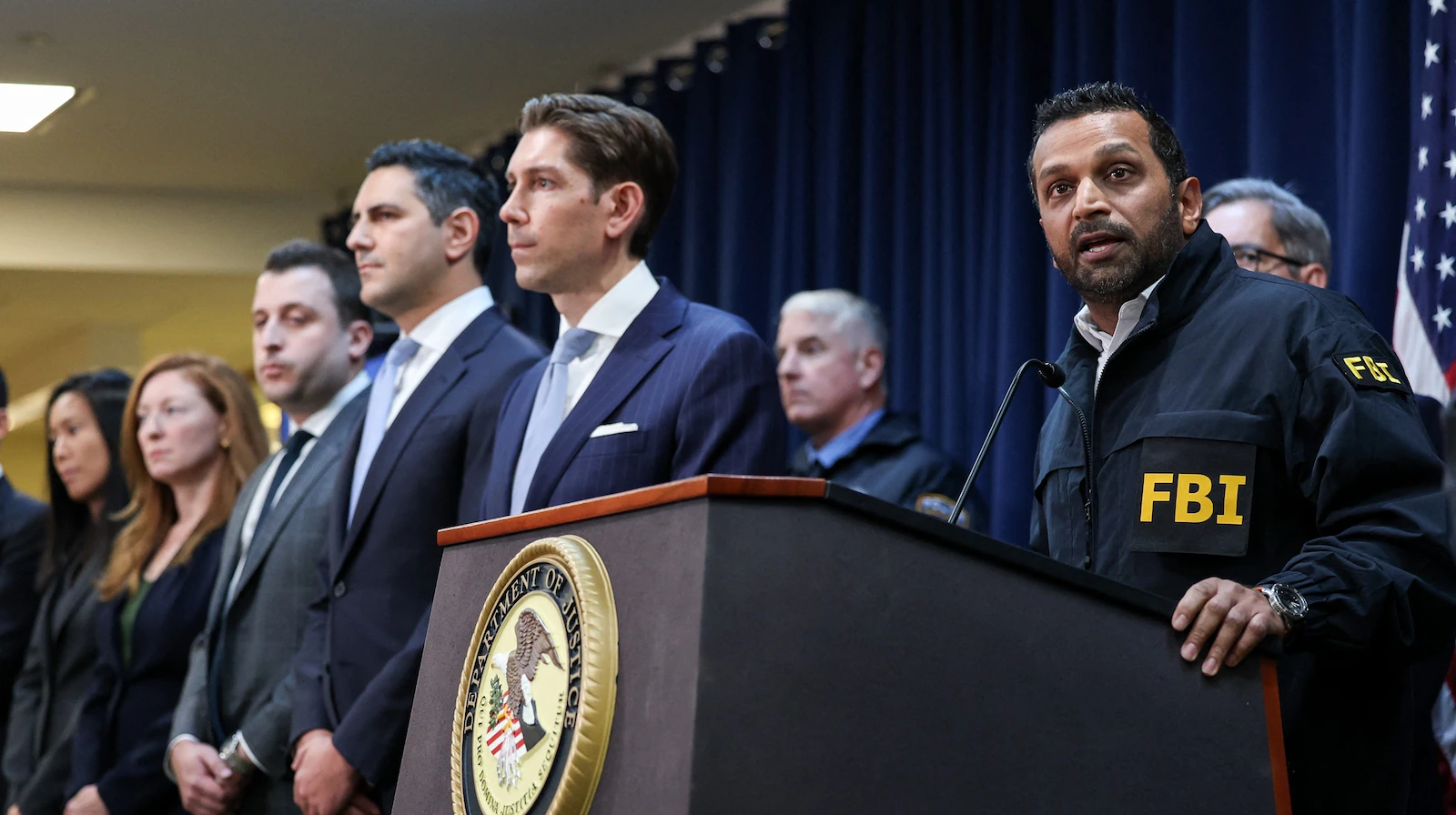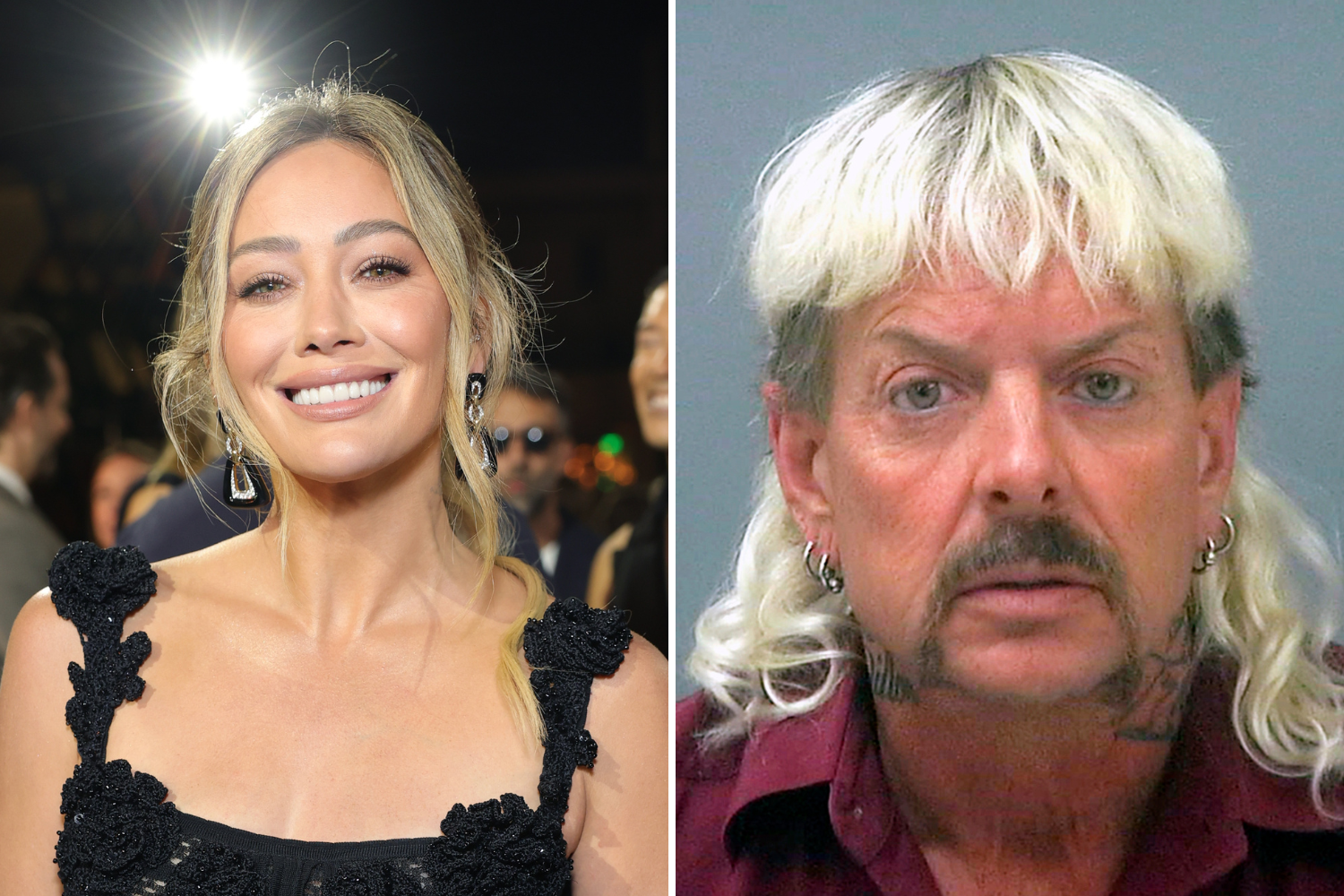Copyright ABC News

The Department of Justice unsealed an indictment last month accusing three current and former NBA coaches and players of participating in an illegal sports gambling scheme. In doing so, FBI Director Kash Patel proclaimed: “Let’s not mince words, this is the insider trading saga for the NBA.” Putting aside the visceral appeal of the reference to insider trading, are these allegations actually comparable to criminal insider trading in the securities regime? And whatever the criminal scheme analogue, what is the law enforcement interest in policing the sports gambling market? Recap of insider trading To consider these questions, it may be helpful to provide a quick refresher course on federal criminal insider trading violations. The Department of Justice is empowered under the federal securities laws to protect the integrity of the American capital markets by enforcing the securities laws and regulations. The most common template for an insider trading violation is as follows. A "tipper" is an insider at an issuer of securities -- be it an executive, employee or related professional –-- who has access to material, nonpublic information about the company. The tipper has a fiduciary duty to the issuer to keep secret this information. The tipper accepts a benefit from a third-party "tippee" to violate that duty and instead share that material, nonpublic information with a third-party tippee, who in turn trades on this information. As a result, the tippee has an unfair advantage as measured against the other participants in the capital markets, who do not have access to this material nonpublic information. The linchpin of any insider trading prosecution is whether the tipper -- the presumptive “insider” -- owes a duty to the company whose material nonpublic information has value and whose use provides unfair advantage. Insider information on allegations sports betting Through this prism, consider the allegations in the indictment against former NBA player Damon Jones. The indictment contends that Jones provided information regarding key players on the Los Angeles Lakers’ status in advance of games on two dates to enable third-parties to make potentially favorable bets. The indictment identifies Jones as an “unofficial assistant coach” for the Lakers for the first game in question and does not allege that Jones held any position, formal or informal, at the time of the second game. Jones has pleaded not guilty to the charges. In either instance, it is not at all clear that Jones owed a duty under the traditional insider trading rubric to anyone to preserve the confidentiality of the injury information that he is alleged to have shared. As a legal matter, Jones is no differently situated from a business partner or personal barber to an NBA player who learns of the player’s availability for an upcoming game. If Jones did not breach any duty in sharing this information, the analogy to the insider trading prosecution falls flat. And to be more to the point, should the Department of Justice care if Jones did in fact tip off his associates as to his alleged intentions? The DOJ's interests in policing sports betting vs. capital markets Unlike the public capital markets, the Department of Justice is not so obviously charged with preserving the integrity of a private sports league such as the NBA. The NBA is better positioned to police these issues and has overwhelmingly done so since the recent proliferation of sports gambling. The NBA works with the NBA Players Association in partnership to promote and police the best interests of the league, the game and its fans and has extensive relationships with the sports betting companies that maintain the gambling marketplace. One of the players charged last week, Terry Rozier, was investigated by the NBA in 2023, but the league "ultimately concluded that there was insufficient evidence, despite that aberrational behavior," NBA Commissioner Adam Silver said after the federal charges were revealed, according to ESPN. The impetus for the federal government to police the capital markets is clear. By prosecuting individuals involved in insider trading in securities, the government can protect the integrity of the capital markets. In that sense, insider trading is not a “victimless crime” because if the public loses confidence in the capital markets because they are perceived to be rigged by insiders trading, investors may become disinclined to invest in the capital markets. This reduced investment activity would reduce the capital that is the lifeblood for publicly-traded companies and potentially hinder growth and innovation. The American economy, as a whole, would suffer. Compare this insider trading paradigm to the world of legalized sports betting. Unlike the public capital markets, there is no long-term benefit to the American economy arising out of sports betting. Professional sports teams and leagues, including the NBA, are big business in the United States. The average NBA franchise is worth about $5.5 billion, according to data released in October by Sportico, a sports research and data company. At least some of that value could be ascribed to the perceived integrity of the players, coaches and staff. True, gambling on sports -- as is the case with all gambling -- provides its participants with entertainment and potential individual economic gain. But there is no equivalent to the publicly-traded companies that benefit as a result of trading in the capital markets. Sports betting forums are purely for the potential benefit of the individual gambler. There are no positive benefits to a broader audience, or, as economists would say, no obvious positive externalities. In short, the law enforcement interest in protecting the capital markets is clear and easily justifiable. But the law enforcement interest in policing the sports betting market is not as readily apparent, especially considering these budget-constrained times, when DOJ resources are precious. The allegations contained in the recent NBA gambling indictment check the box of gaining widespread attention and headlines. Though the law enforcement, public safety, and economic security interests this prosecution achieves remain to be seen. Samidh Guha is an ABC News legal contributor and a white-collar criminal defense attorney and former federal prosecutor. Kan M. Nawaday is also an ABC News legal contributor and a white-collar criminal defense attorney and former federal prosecutor. The opinions expressed in this piece are those of the authors and do not necessarily reflect the view of ABC News.



